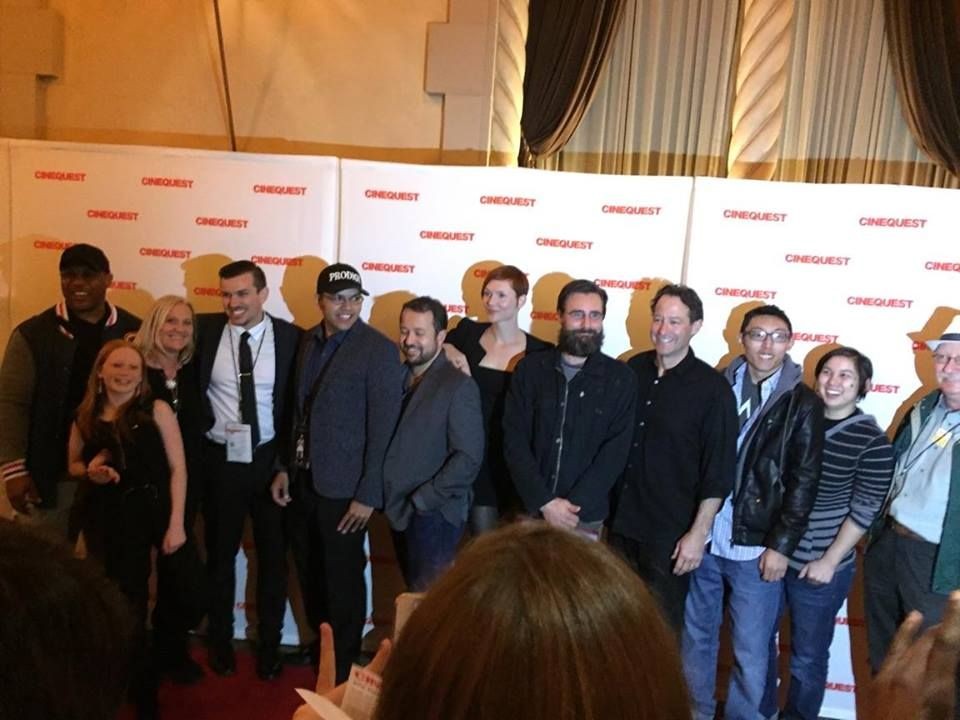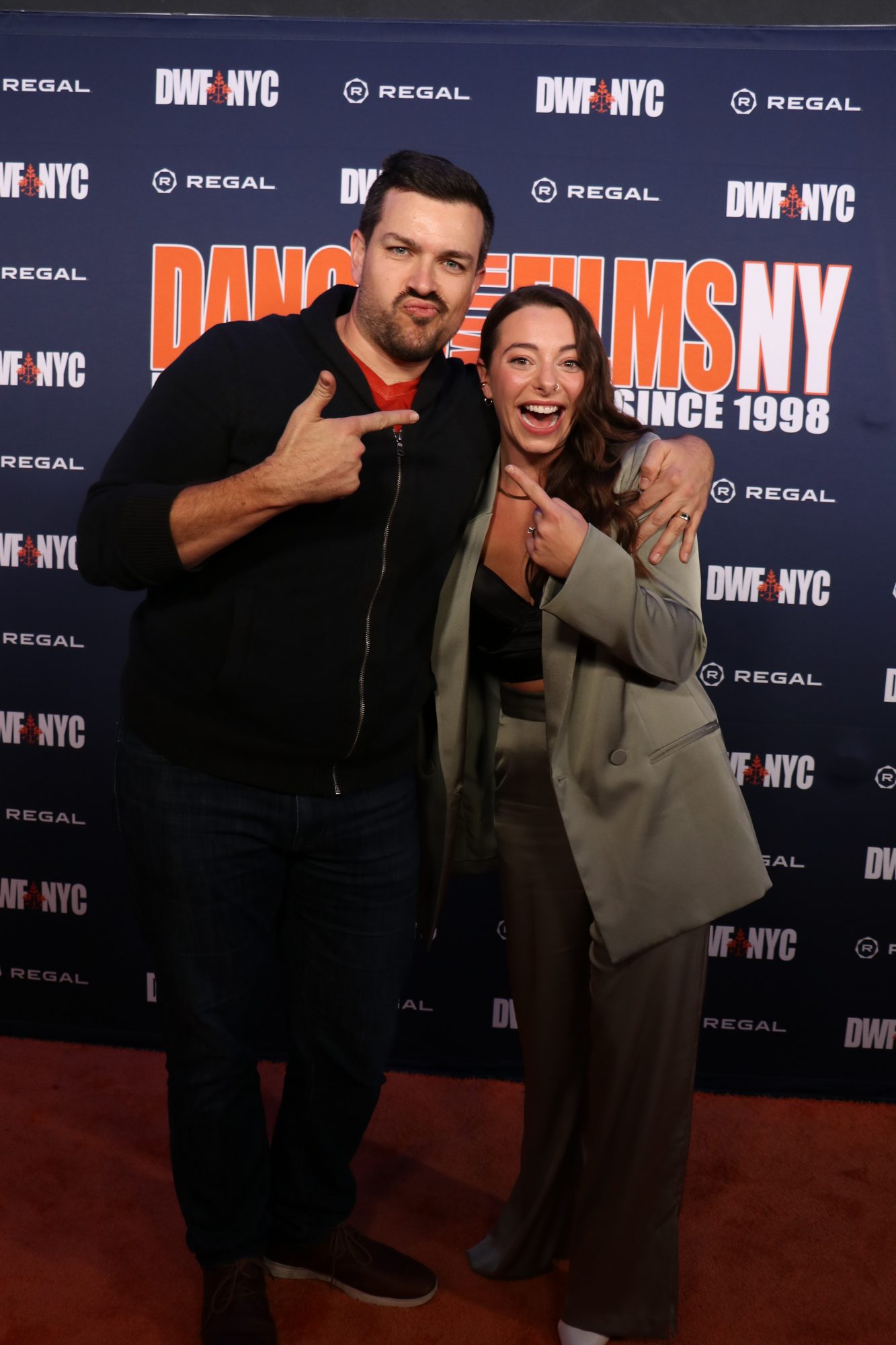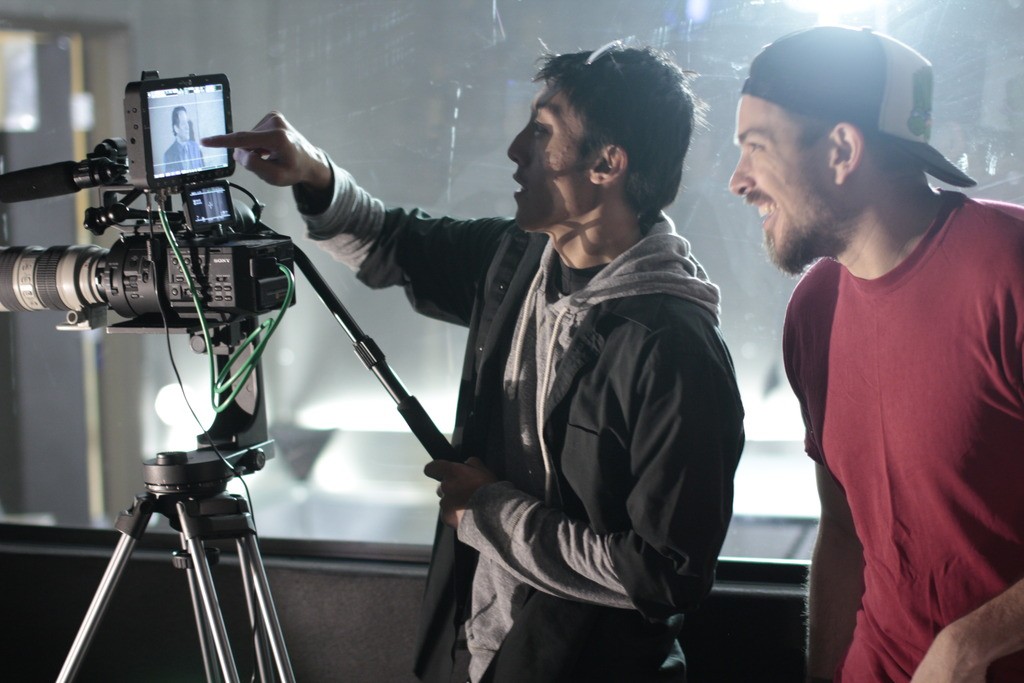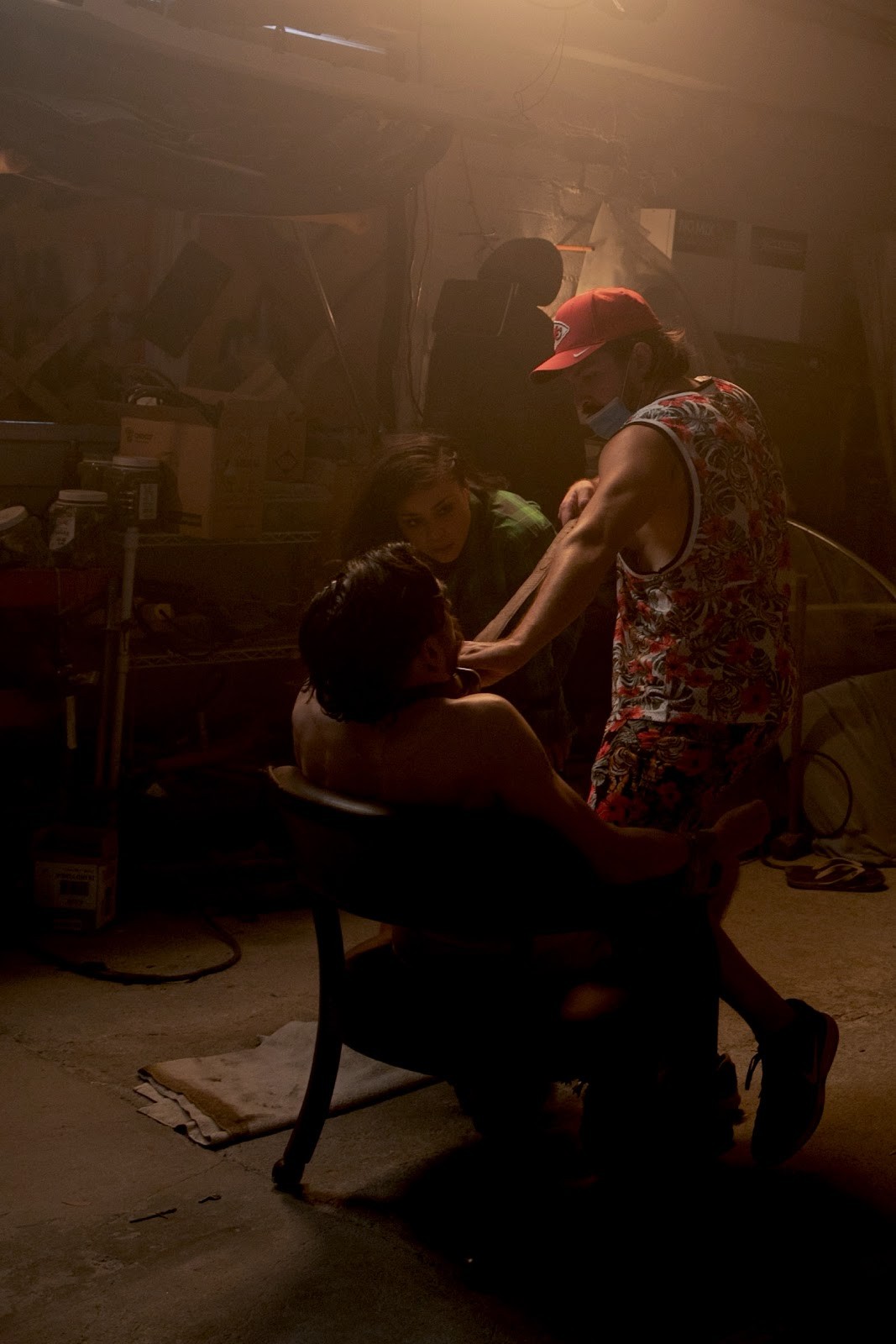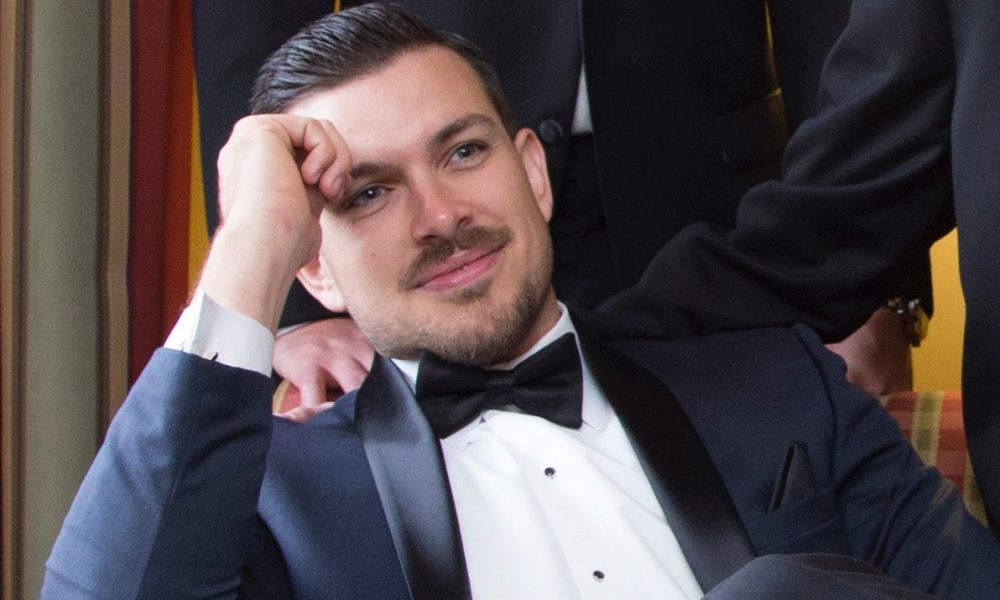

Today we’d like to introduce you to Alex Haughey.
Alright, so thank you so much for sharing your story and insight with our readers. To kick things off, can you tell us a bit about how you got started?
I’m so inundated in the world of filmmaking at this point it is hard to imagine a time where I didn’t see that path as an option, yet that is where I started. I grew up in the suburbs of Kansas City in a very traditional family. The general idea was that we should have all our fun with sports and art while we were kids so that we could hopefully settle into an occupation we didn’t actively despise to provide for ourselves the rest of our lives.
Lucky for me, our high school had an amazing Broadcast Journalism program. In order to get us acclimated to the equipment, they shoved cameras in our hands and told us to go make something. I had a blast making those first shorts and music videos, but I still didn’t really see it as anything more than fun. I didn’t think my work was terribly exceptional until I saw how terribly unexceptional my other classmates’ was. I couldn’t understand why their projects were so sloppy and nonsensical. As I continued down this path, I slowly came to the realization that something clicked for me within this medium that didn’t click for anyone else. I quickly became known as “the video guy” and my work was the prize of my school’s morning video announcements. This all culminated in a summer-long undertaking — the creation of a 45-minute remake of the Ninja Turtles movie (1990). We had a screening for a crowd of over 300 ravenous fans, at which point I knew there was no turning back.
I used that remarkable piece of work as part of my application for film school at USC, where I was accepted. After four years submerged in film history and craft, I graduated a well-rounded visual storyteller, ready to take on the industry. I started out working for a pair of legendary producers Michael Phillips (Taxi Driver, The Sting, Close Encounters) & Lawrence Gordon (Die Hard, Field of Dreams, Boogie Nights), all while sharpening my own creative instincts with a series of short projects. I quickly moved into positions of creative leadership on projects all across the industry (video games, youtube channels, marketing, etc.).
I realized I was very talented at making something out of nothing, which is how I made my first film, Prodigy. I took a stock buyout I had received from an expiring video game job and put it into the micro-budget feature film I had been working on with my writing partner at the time. We made that movie for just over $50k, and it was the hardest thing I’ve ever undertaken — trying to coordinate props, costumes, cast, crew, schedule, budget, all while attempting to carve out time to actually direct the film. It paid off in the end. The film was invited to 12 festivals, acquired distribution, and performed so well on-demand that it was offered a licensing deal at Netflix, where it ran in 2019.
I was on another video game project when COVID hit, and that forced me into a unique position. With the industry shut down, the only work I was able to find was writing. I spent nearly two years solely focused on that side of the process — I was commissioned to write multiple feature films, pilots and was hired to work on several animated series. I had never considered myself as anything but a “writer by necessity” before that point, but those two years fortified my confidence in my own voice and left me feeling more complete as a storyteller.
Coming out of the pandemic, I was ready to get back to making movies. I was planning to jump back in on a couple of short projects when an investor approached me with an opportunity to make another feature. I had recently been inspired by a classic French film (Cleo From 5 to 7) to outline an idea about a year I spent working for a prominent YouTuber who was aging out of her platform at 25 and having something of a mid-life crisis. This is how I happened to spend the last 18 months working on my second feature film, Under The Influencer. It is another small movie, but my cast and crew came together to make it special. We are currently in the midst of a festival run, which culminates in our screening at Cinequest in August. Afterward, we will screen at a few local LA fests as we push it out for distribution this fall.
Alright, so let’s dig a little deeper into the story – has it been an easy path overall and if not, what were the challenges you’ve had to overcome?
Early in my career, I never counted my struggles as negatives. I was so laser-focused on moving forward I never stopped to think of my failures as anything but steps along the path. It wasn’t until adult life really set in — getting married, buying a house, having children — that I started to feel the pain of beating my head against this wall for all these years. I have had some unmitigated wins, but I always feel like I am looking up at the floor of where I want to be. That is the thing about this industry; the heights are so exclusive that you hear people exponentially more successful than I expressing the same sentiment.
Alright, so let’s switch gears a bit and talk business. What should we know about your work?
Directing film is what I was born to do. I believe I get better the bigger the canvas I have — I am better at features than shorts, I am better when handling grand sweeps stories with large scale and scope. There is an old adage in filmmaking: “directing is 90% casting”. I was recently given a nice compliment by a fellow filmmaker. He told me I cast my films extraordinarily well. I always felt I was able to get great performances out of my actors, but I’ve never found it a struggle to get them where I need them to go. I think that is because I am good at finding the person whose overall personality and vibe fits the role I’m looking to fill.
I’m most proud of the way my first film was able to carry itself out to a broader audience. I worked very hard to get it out into the market, but once it was there, the movie did all the work. The positive response carried it to the favorable on-demand numbers that led to our Netflix deal.
I think I can key in on the way an audiences’ experience will be affected by what is presented on screen in a way that is different than other young filmmakers I have met.
Who else deserves credit in your story?
My parents have been overwhelmingly supportive of my decision to pursue a path that was very foreign to them. I knew this was going to be a long and difficult road, and I was never expecting them to stand behind me at every step along the way, but they have. I owe them everything.
Creatively, I’ve been enabled the most by my most consistent collaborator and best friend, Kendall Davis. He is an incredible writer and creative director himself, and he has furnished me with more opportunity than I ever deserved because we believe in what we can accomplish together.
It is hard to believe what my wife has given to this process. She didn’t really understand what she was getting herself into, and we have struggled to find a balance that has allowed me to pursue this road. However, when she embraced coming alongside me, she dove in headfirst. She has produced, location managed, costume designed, and written music for all of my most recent work — and her own creativity always shines as bright as the projects themselves.
Contact Info:
- Website: https://alexhaughey.com/
- Instagram: @undertheinfluencerfilm
- Other: https://www.imdb.com/name/nm3560639/
